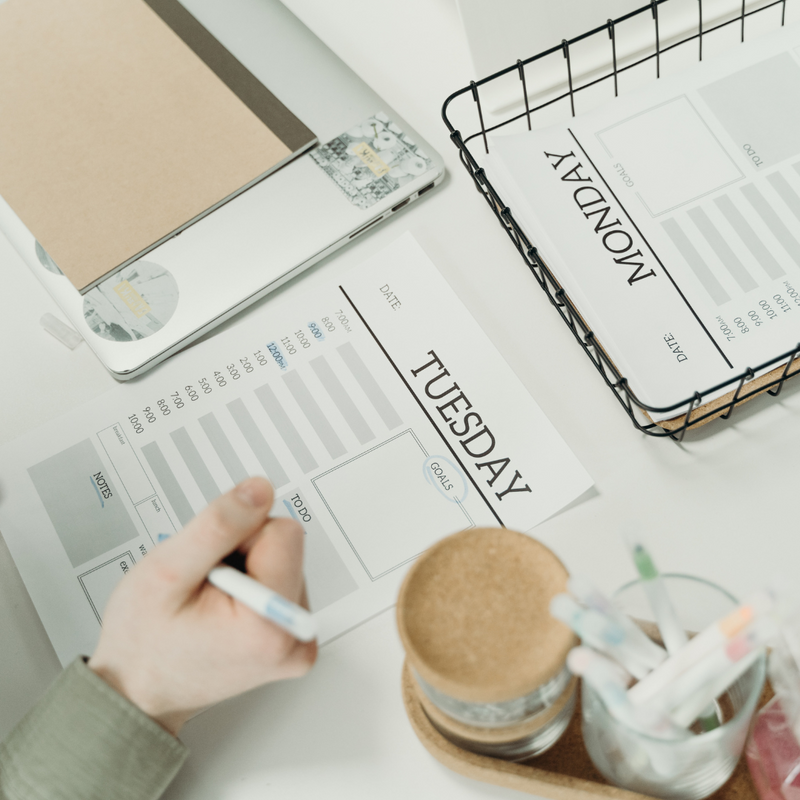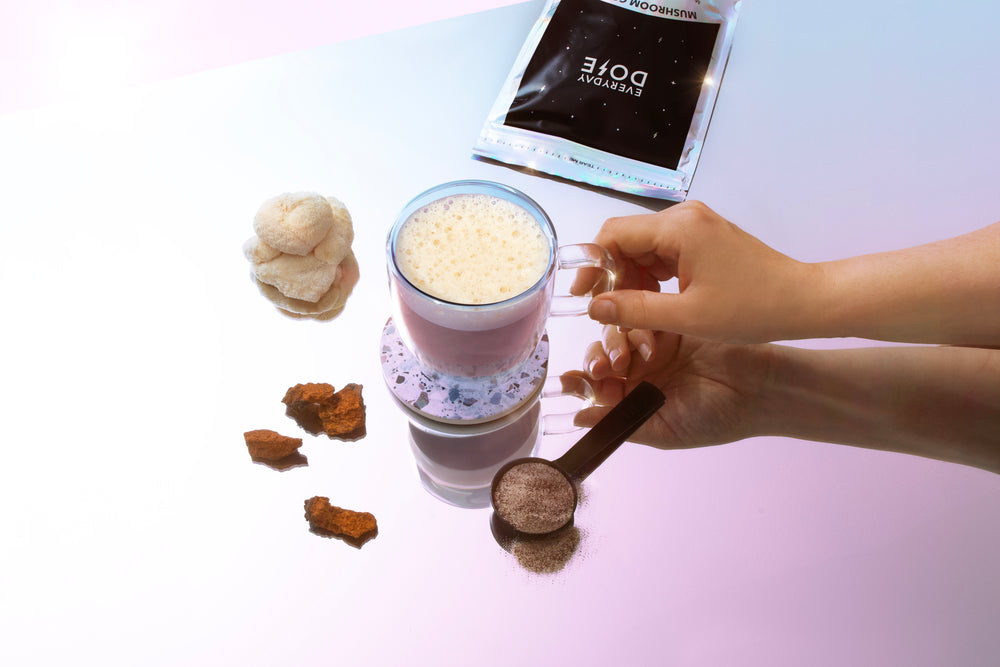

From Dusk 'till Dawn: A Practical Plan for Everyday Mental Wellness

The "self-care" sabotage
The buzz around "self-care" can often feel more stressful than soothing.
Social media platforms are flooded with elaborate routines and expensive wellness trends that, while appealing, can be overwhelming and unrealistic for the average person.
Many of us juggle demanding careers, family responsibilities, and personal commitments—all of which can make the extensive self-care routines showcased online seem out of reach.
But the point is, you don't need to be doing all the things, all the time. Going to a yoga class, journaling, meditating, and taking a bath every day simply isn't realistic for most busy parents or entrepreneurs.
This percieved failure to meet the idealized version of "social media self care" causes more unease.

However, prioritizing mental health doesn't need to be complicated or costly. With a few simple adjustments to your daily schedule, maintaining mental well-being can be both achievable, practical, and useful.
Here's an example of what a 24-hour day could look like for a busy person prioritizing their mental and physical health:
Morning
- 6:00 AM: Start your day with natural light exposure and a glass of water to hydrate.
- 6:15 AM: Engage in a 15-minute exercise routine, like yoga or bodyweight exercises.
- 6:30 AM: Share a nutritious breakfast with your family, focusing on whole foods.
- 7:00 AM: Prepare for your day, including helping kids get ready for school and reviewing your schedule.
- 8:00 AM: Use your commute to listen to an audiobook or relaxing music, setting a calm tone for the day.
Midday
- 12:00 PM: Enjoy a balanced lunch, either packed from home or chosen for its health benefits.
- 12:30 PM: Take a short walk to aid digestion and clear your mind.
- 1:00 PM: Prioritize afternoon tasks to stay productive and focused.
Afternoon
- 3:00 PM: Refresh with an Everyday Dose break, ideally outdoors for fresh air and light.
- 5:00 PM: Set up tasks for the next day to end your workday smoothly.
Evening
- 7:00 PM: Enjoy dinner and conversation to reflect on the day.
- 8:00 PM: Relax together with a board game, favorite show, or a walk.
- 8:45 PM: Start bedtime routines, or engage in a personal hobby or spend quality time with your partner.
- 10:15 PM: Begin your bedtime routine with activities like meditation or light reading.
- 11:00 PM: Aim for a restful sleep to recharge both mind and body.
By simplifying your self-care routine and focusing on small, manageable changes, you can significantly improve your mental and physical health.
One such change is incorporating Everyday Dose into your daily routine. Our mushroom nootropic coffee supports mental health and provides the energy and clarity you need to tackle your busy day.
Start your journey to a more balanced and stress-free life with Everyday Dose—because self-care should enhance your life, not complicate it.

Turning the Tide on Stress: Redefine the Daily Grind
In our quest to redefine our relationship with stress, Everyday Dose blends the science of adaptogens with the ritual of your daily coffee. This innovative brew is more than just a beverage; it's a tool for empowering your body to adapt and thrive amidst life's inevitable stressors. With ingredients like:
- Lion's Mane and Chaga Mushrooms: These aren't your ordinary mushrooms. Lion's Mane and Chaga are renowned for their adaptogenic properties, which help bring your body into balance. They work synergistically to bolster mental clarity, lift your mood, and fortify your immune system, equipping you to handle stress more effectively.
- L‑Theanine: Often found in green tea, L‑Theanine is a natural relaxant that doesn't induce drowsiness. Instead, it promotes a state of calm, focused alertness, mitigating the jittery effects of caffeine.
Everyday Dose harnesses the power of these ingredients to create a unique beverage that supports your body's natural ability to adapt to stress. By incorporating adaptogens known for their stress-modulating effects, Everyday Dose helps stabilize the body's hormonal responses to stress, promoting a sense of equilibrium and resilience.







